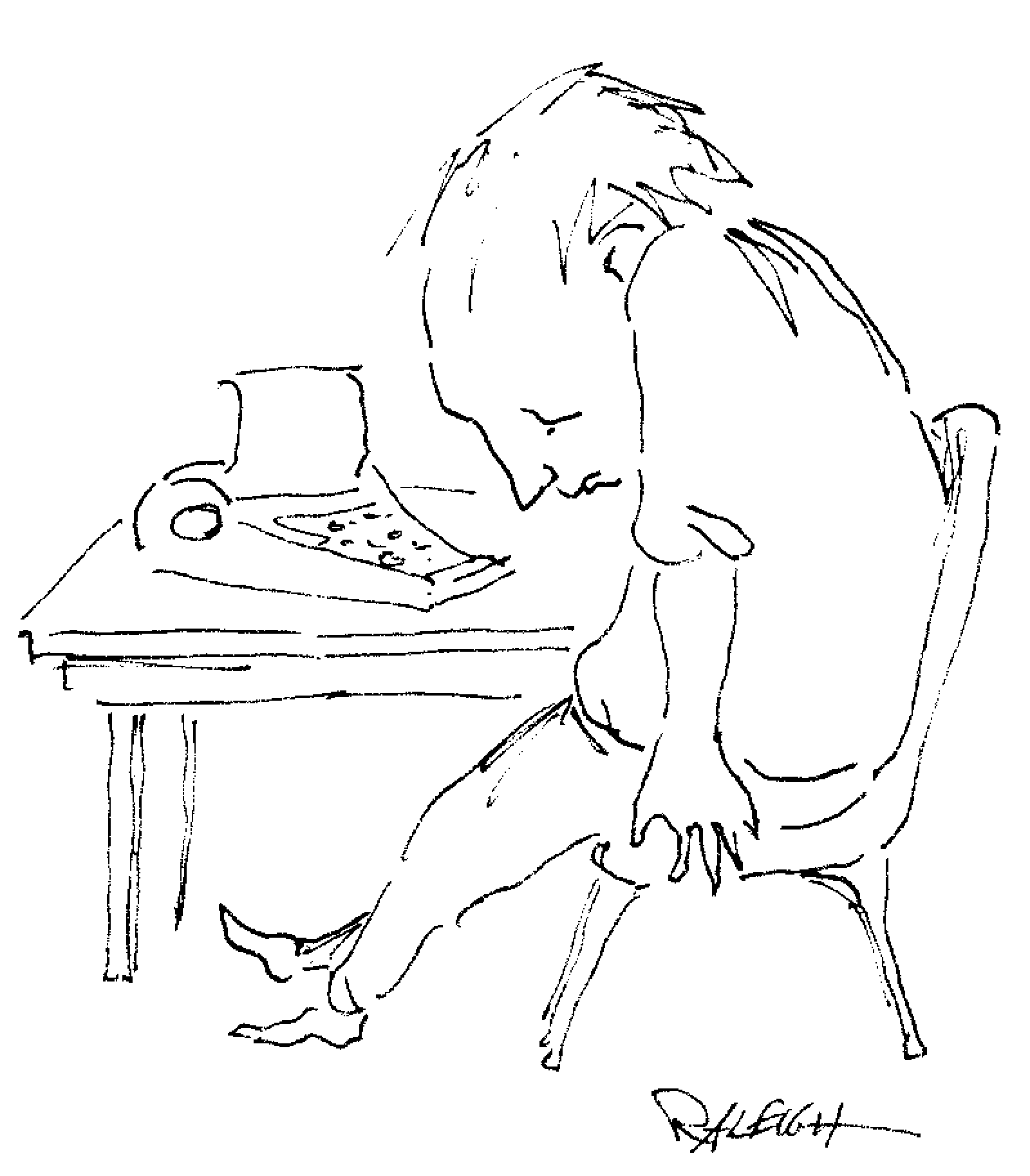 |
By
HENRY P. RALEIGH
ART
TIMES October 2006
ERRORS
OF OMISSION, of course, can certainly occur in the history of anything,
I suppose. Phillip Lopate’s American Movie Criticism—An Anthology
from the Silents Until Now is no exception. Still, I can tell you,
I was just a little bit surprised, and if you want to know the truth,
pretty miffed that I was never quoted, not even once, in Mr. Lopate’s
work. Many other critics, so-called, were, including a fellow named
Otis Ferguson who is quoted all over the place and does anyone know
who he is? As a matter of fact I’m not mentioned at all. Now Anthony
Lane, who is good and writes for the New Yorker, is absent as
well, and I imagine because he is British though you’d never notice
it. Was it possible then that my Anglo-Saxon background disqualified
me? I can’t be sure about this. After all, Peter Bogdanovich isn’t there
either, so perhaps filmmakers, as he and I are, cannot fairly be lumped
in with the strictly literary types. To do so would put them at an enormous
disadvantage. Nevertheless, for a body of criticism that is hardly a
hundred years old it does seem that every worthy film writer could quite
handily be squeezed into a book of 720 pages with plenty of room left
over. Why even Jed Perl’s New Art City—Manhattan at Mid-Century,
while concerned with a generation of artists before mine, yet has a
snapshot of me standing before the Cedar Tavern in 1950 — I’m
sure that’s me.
American
Movie Criticism is divided between critics who have leaned heavily
on theory to ground their judgments — as the Freudian support
favored by Parker Tyler and the sociological approach of Robert Warshow
— and those, more whimsical, who rip a film to shreds for no other
reason then they didn’t feel well that day. As you know, I’m more the
intellectual, theory-based sort of writer — the kind Mr. Lopate
appears to prefer, I think which makes it all the more surprising that
at least one or two of my more promising theoretic pieces had not been
considered for inclusion. My seminal work (unpublished as of this date,
“Cinematic Style and Air Conditioning (Style d’Cinématique et Climatisation”
— submitted to Cahiers du Cinéma in 1972, decision
pending) would have gone in his book rather nicely.
In
mulling this over, it has come to my mind that maybe I’ve been overly
serious about film and haven’t given enough thought to devising clever
and pithy comments about film that the in-people of film can quote.
I note that both Mr. Lopate and the reviewers of his book are eager
enough to point out these things. Clive James, for example, in his review
of American Movie Criticism trots out this Ferguson fellow again
and his quotable summing up of the old “Lives of a Bengal Lancer”: “…execrable…and
I like it” at the very same time tossing in a snappy zinger of his own
by demolishing an actress by stating she “…she was no more bewitching
than a bus driver in Communist Kiev.” See, that’s how important it is
to really get into the business of inventing quotable lines that can
be attributed to your wit and insight. Having these last two but evidently
lacking the lines, I figure I better do something to remedy the problem
and have come up with the following possibilities, all-purpose zingers
adaptable to almost any film around:
—A
school crossing guard could do a better job of directing.
—The
editing must have been done by a school crossing guard.
—A
school crossing guard could write a better script.
—If
that’s acting, then I’m a school crossing guard.
—A
school crossing guard in Communist Live must have made this film.
That’s
a good start, I guess. If school crossing guards are going to rise up
in wrath at this use of their occupation, as catchy as these quotable
lines are right now, I’m perfectly willing to substitute other pastimes
as clam diggers or spelunkers. I’ll work up some more good lines as
soon as I have the time. Mr. Lopate is going to be sorry he overlooked
me, I’ll bet. Mr. Bogdanovich will just have to think up his own lines.
